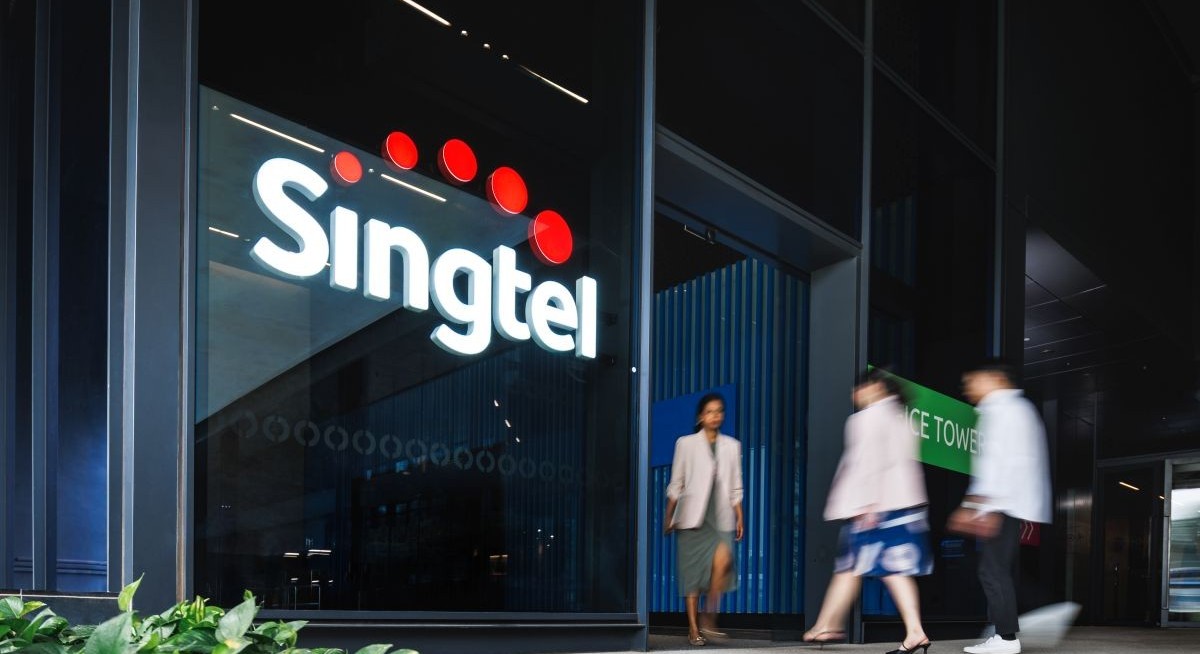Nxera’s capacity is projected to climb from 62 megawatts (MW) to about 400MW in the medium term. It is also eyeing high-demand markets such as Japan and South Korea. DBS Group Research notes that Singtel’s recent entry into Japan in partnership with Hitachi could add 100MW of new data centre capacity on top of its 400MW target by 2028.
Singtel is also ramping up its GPU-as-a-Service (GPUaaS) offering. It is the first regional player to deploy Nvidia’s GB200 chips in May 2025, with plans to add GB300 soon.
“The business is positioned to primarily serve sovereign AI demand, anchoring long-term contracts, and it’s targeting mid- to high-teens internal rate of returns (IRRs) for the GPUaaS segment. In our view, Digital InfraCo is evolving into a differentiated regional digital infrastructure player, with significant upside to group earnings and valuation,” Saifee wrote in an Aug 29 report.
Optus and domestic momentum
See also: StarHub’s weak FY2026 guidance leads DBS to review call while Morningstar flags overvaluation
Australia’s Optus is seen as another key growth driver, buoyed by rising consumer confidence and post-paid price hikes. While previous years saw some migration from tier-1 to tier-2 operators, management said the trend is moderating. The company reiterated its ambition to lift Optus’s ebitda margin from 27% in FY2025 to the mid-30s, and boost ROIC from low single digits to high single digits within three to five years.
“Optus is likely to benefit from continued price-hikes and see a much bigger improvement in its low ROIC (which we estimate to be 2% currently) over the next three to four years,” wrote DBS Group Research.
In Singapore, Singtel expressed optimism that ongoing sector consolidation could ease competitive pressure. Enterprise services remain a core growth pillar, with international offerings, such as International Private Lease Lines, machine-to-machine (M2M) and software-defined wide area networks (SD-WAN). Singtel is targeting these businesses to scale up by 1.5 times by FY2028, providing additional visibility to medium-term growth.
See also: IFAST share price dips despite strong earnings 4QFY2025 announcement; DBS maintains ‘buy’ at $12
Capital management
At its Aug 28 investor day, Singtel reaffirmed that its $9 billion capital recycling programme remains on track. DBS Group Research estimates that Singtel has room to divest another $6 billion to $7 billion worth of assets in the medium term, supported by a partial reduction of its stake in India’s Airtel Bharti along with other disposals.
Moreover, the $2 billion share buyback programme has yet to commence, offering further upside potential.
According to DBS Group Research, more buyback programmes can’t be ruled out over the next three years. “A Value Realisation Dividend (VRD) of 3 cents to 6 cents implies $0.5 billion to $1 billion of annual cash outlay, leaving $3 billion to $5 billion in potential excess capital from divestments. A part of this extra cash could possibly be deployed towards more buyback programmes.”
Saifee adds: “These developments underpin management’s confidence in sustaining VRD comfortably over the medium term, which we believe could extend through FY2030.”
As at 3.37 pm, shares in Singtel are trading at $4.31 flat.




